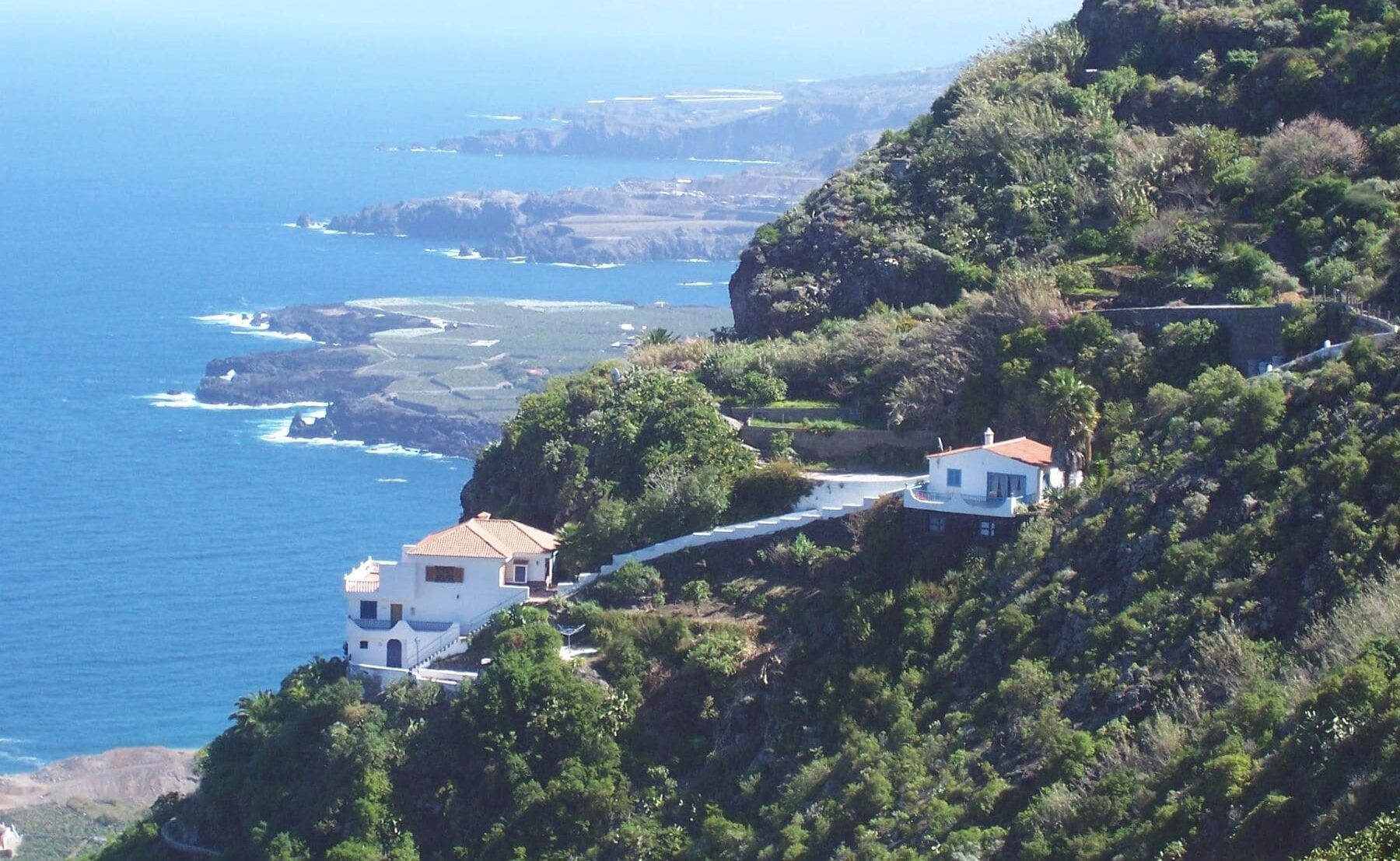The Government of the Islands Canary Islands has begun the process through which the updating of the Law of the Soil and Protected Natural Spaces of the autonomous communityafter the conclusion of the previous participatory process.
The Governing Council of Canary Islands has given way to the beginning of the administrative procedure to update Law 4/2017 on Soil and Protected Natural Spaces of Canary Islands, at the proposal of the Minister of Territorial Policy, Territorial Cohesion and Water, Manuel Miranda. The main objective of this update is to delve into the principles of simplification and rationalization that inspired the standard, and to incorporate its adaptation to the challenges of the demographic challenge, the urban agenda and climate changeincluded in regulations after their entry into force.
Councilor Manuel Miranda explained that in the last twelve months his department has carried out a “thorough” process of listening and participation with all the institutions, groups and professionals linked to the management of urbanism, planning, sustainability and protection of the territoryin which some 700 technicians and experts from all the islands have participated.
The conclusions and proposals of those who “know the law best” are the basis of the document updating the Land Law in the drafting phase, whose draft draft law will be discussed with the political groups before its approval in the government council and subsequent referral to Parliament of Canary Islands, “with the aim of achieving the greatest possible consensus on a standard that will definitively condition the economic and social development of the archipelago during the coming decades, and that must respond to the legitimate aspirations of the entire Canarian society,” as Manuel Miranda explained in the press conference after the government council.
The counselor confirmed that the draft law will be approved before the end of the year, as planned, and recalled that the current Land Law has allowed the approval, since its entry into force in 2017, of almost 250 minor modifications of municipal planning instruments and 28 of an island nature. Miranda insisted on the value of that “positive experience” as a starting point for updating.
Changes to the law
The degree of technical consensus reached in this process of analysis and participation, which has lasted a year and in which all the city councils and councils, the FECAM and the FECAI have participated, will allow the entry into force of some measures planned in the update to be brought forward. of the Land Law, considered urgent to meet the demands of the small municipalities included in the demographic challenge strategy.
The first of the legislative changes will allow extend the expiration date of environmental assessments of the municipal planning in process, which will mean a considerable saving of time and resources for the planning of 15 Canarian municipalities.
The second change will simplify the delimitation of rural settlements, with the aim of reversing the situation of decline and demographic stagnation in municipalities with less than 10,000 inhabitants, as well as in those whose population is distributed in several nuclei that none of them exceeds 5,000 inhabitants.
The third change will facilitate the paving and conditioning of public roads open on urban, developable land and rural and agricultural settlements, is a response to a repeated demand by the Canarian town councils. With the aim that the three measures can come into force urgently, their wording has been included in the fifth final provision of the Budget Bill, currently being processed by parliament.
In this same sense, the government is also working on drafting a decree law to advance the implementation of other measures that will reduce the deadlines in the processing municipal construction licensesin order to facilitate the construction of homes.
A new law for the soils of the Canary Islands
The draft of the preliminary project for updating the Land Law will be presented in the coming weeks, although the head of the Ministry of Territorial Policy, Territorial Cohesion and Water advanced some of the lines agreed upon with the technicians and experts, such as the need to resolve Doubts of interpretation in the wording of the original articles referring to the definition of developable land, solar or rural land for environmental protection.
Measures will also be adopted to speed up processing and reduce the workload in technical offices, expanding, for example, the type of works that can be licensed through a responsible declaration and prior communication.
Another of the proposals raised by the technicians and experts consulted refers to the need to reduce the participation in capital gains from 10% to 5% of urban development to facilitate the promotion of development projects. construction and rehabilitation of public housing.
The commitment to structural planning as opposed to detailed planning is another of the lines of work included in the update of the law, responding to the unanimous demand to promote specific modifications to planning as a formula to adapt the urban planning to the needs of the municipalitieswith the consequent reduction of procedures and documentary burden.
Another novelty that could be included in the update of the Land Law is the creation of the Plans for the Spatial Renewal of Industrial Land (PRESI), with the aim of encouraging the reform of land in this category as is done with the plans of tourist renewal and modernization. This is another recurring request from city councils and councils, in the face of accumulated deterioration in the industrial estates of the islands.
The update of the law will also address the clarification of criteria for justify the declaration of projects of island or regional interestas well as certain clarifications on the powers of environmental bodies, responding to the demands reiterated by specialists.
In the new Soil Law of Canary Islands with will extend the expiration date of environmental assessmentsthe delimitations of rural settlements will be simplified and the paving of open public roads in urban and developable land and in other settlements will be facilitated.

